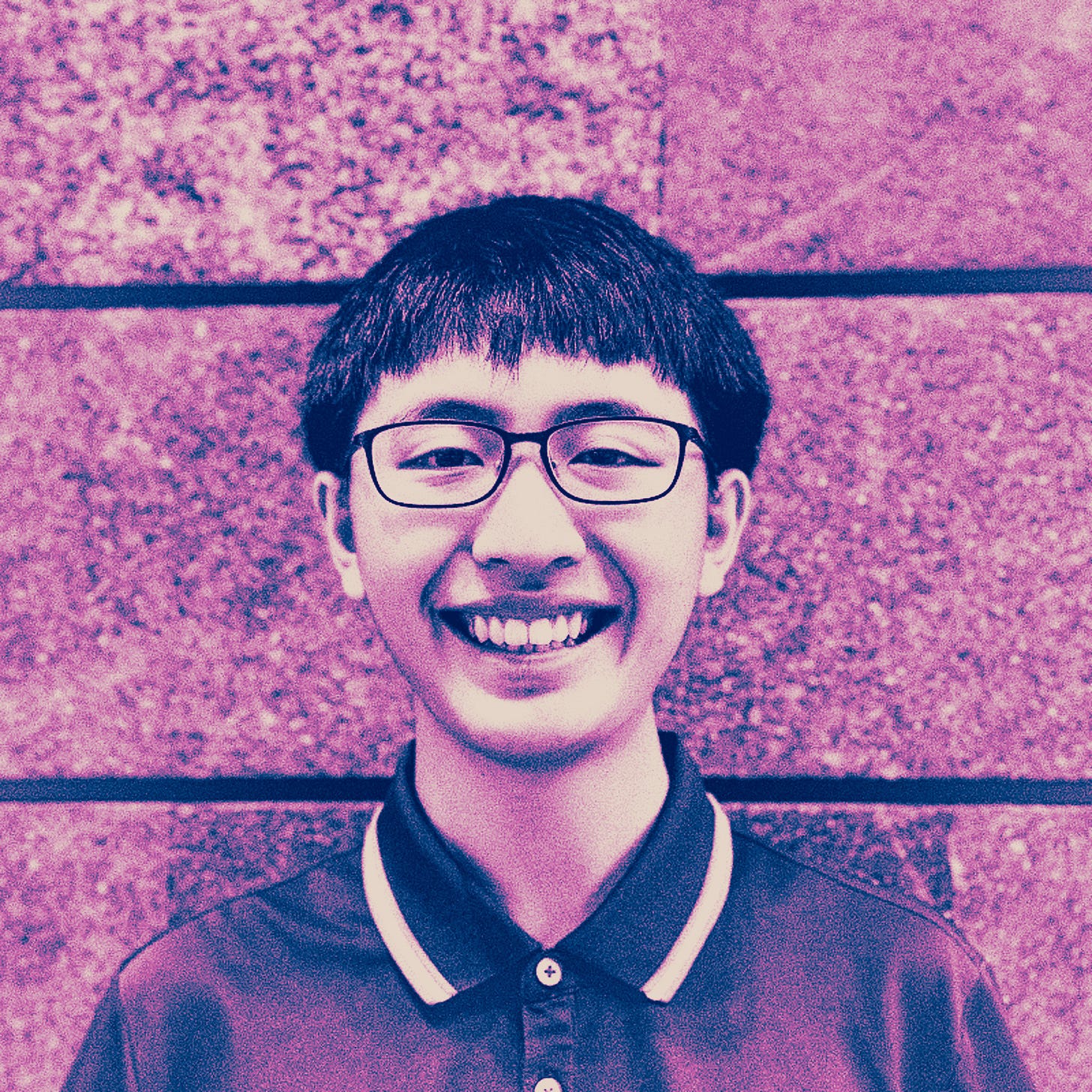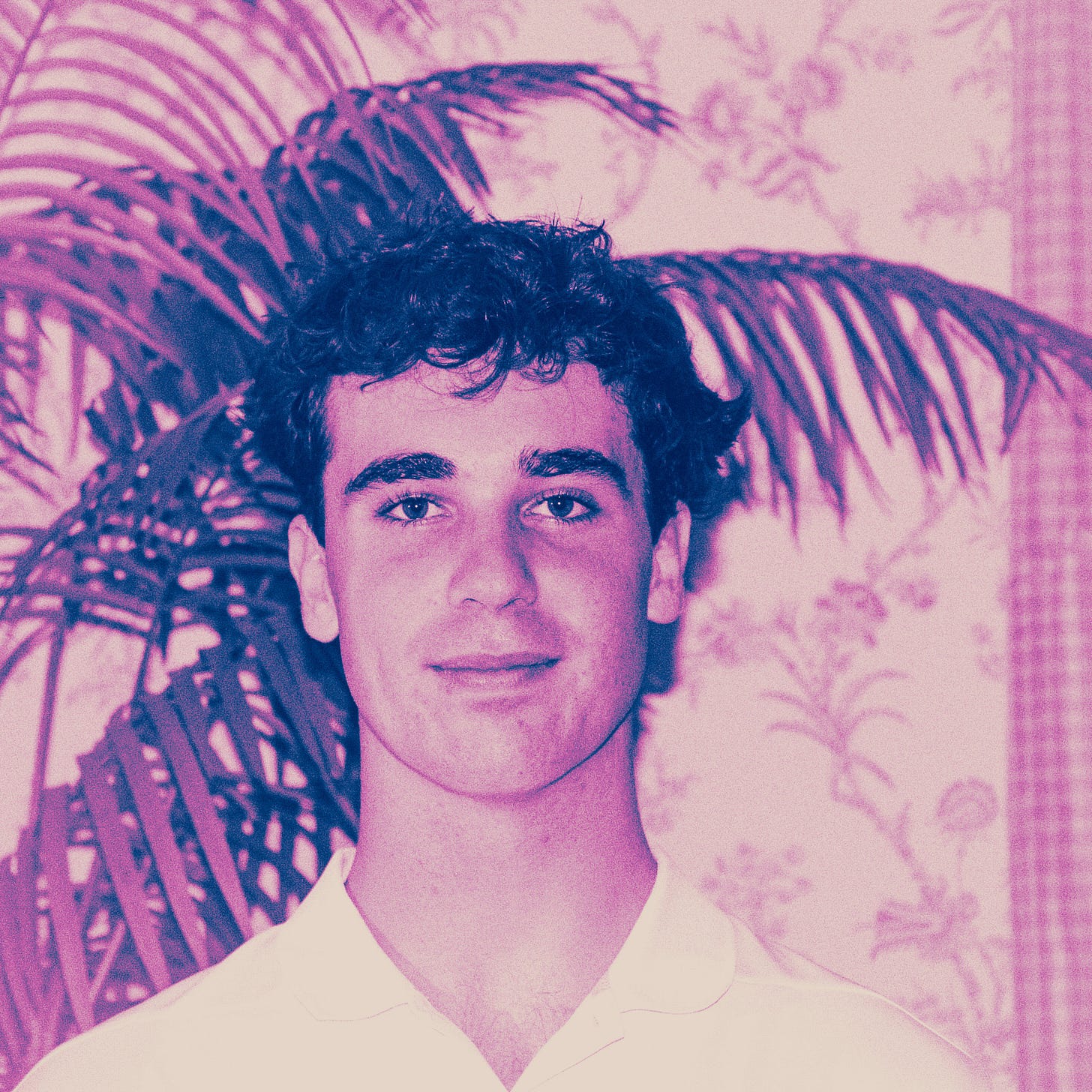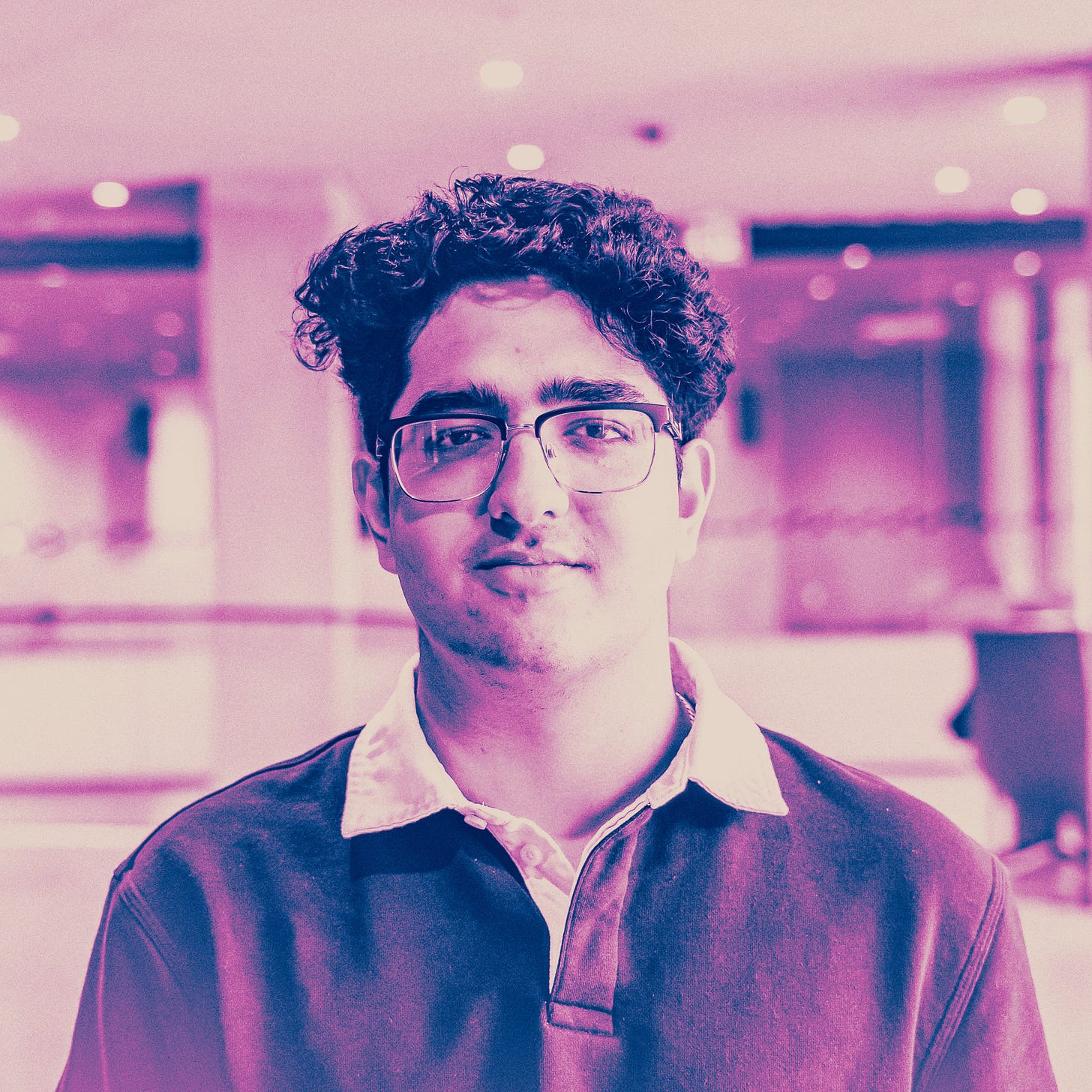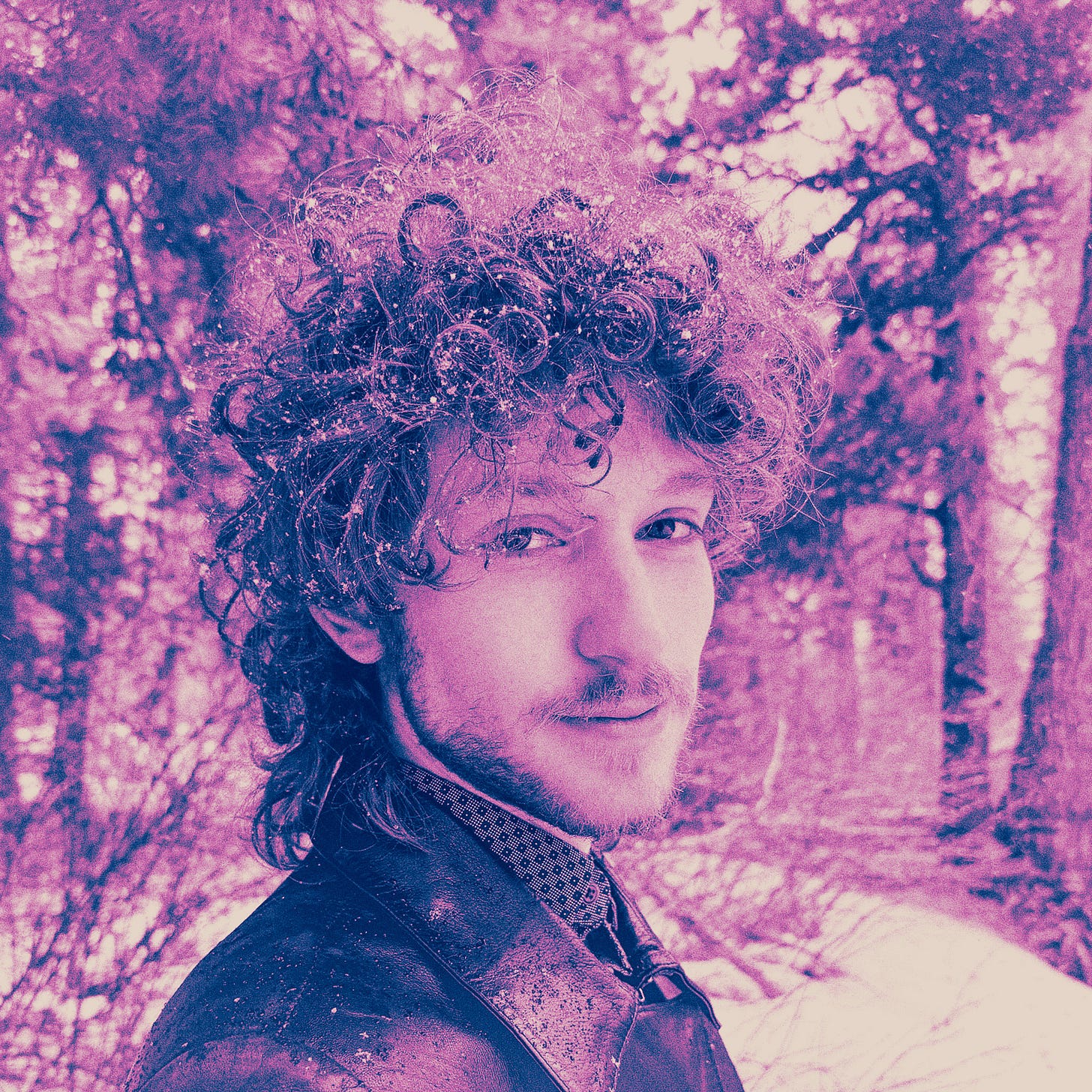The 2025 Edge Esmeralda Fellows
Meet our cohort of seven young builders exploring frontier questions across science, technology, and culture.
The Edge City Fellowship is designed to support young, high-agency builders in joining our popup villages to pursue projects and questions shaping the future of science, technology, and culture. This year’s Esmeralda fellows are exploring topics like brain imaging for mental health, alternative incentives in scientific careers, decentralized communication, and the political implications of AI.
Here’s a closer look at who they are and the work they’re bringing to the village:
Jason Hausenloy
Jason is exploring the current political moment through the lens of AI. He’s writing about the conservative response to superintelligence, how the U.S can shape deterrents to the development of dangerous AI outside of its jurisdiction, how cyber-weapons factor into existing deterrence regimes, and how we align existing governments to continue to protect workers in an automation age.
Jason is a student at UC Berkeley, and researcher at the AI Futures Project and Center for AI Safety. He previously worked on technical AI governance, US-China coordination and an international AGI project. He blogs about AI here and economics with his friend Duncan here.
Nick Ford
Nick is working at the intersection of bioelectricity and vasocomputation, two frameworks that explore how cells communicate via ion flow, and how the vascular system actively partners with the nervous system to regulate neural tissue. His current focus is on the mechanics of smooth muscle contraction, particularly how to perturb vessel width by modulating latched contractile states. He’s designing cell biology experiments to test whether altering electric gradients can unlock these latched states.
Nick has conducted neuroimaging research at the University of Southern California and Massachusetts General Hospital, studying brain network dynamics across psychiatric disorders. He aims to translate that systems-level insight into cellular interface for precise control of vascular smooth muscle tone.
Janet Shin
Janet is working to make high-resolution brain imaging radically more accessible. She’s adapting full-waveform inversion, a geophysics-derived 3D imaging method, for use with ultrasound, cutting costs to nearly one-tenth that of a conventional MRI. By open-sourcing the technique, she hopes to unlock new possibilities for neurotech research and mental health diagnostics.
Janet is a neuroscience student at UC Berkeley. She loves baking, mystery stories, and long conversations about philosophy and ethics.
Yogya Kalra
Yogya is exploring how we might redesign the incentive structures that shape scientific careers. He’s particularly interested in how emerging researchers and technologists can reach full impact without being forced down traditional academic or corporate paths.
Yogya is a junior at Western University, pursuing a dual degree in Biology and Business. He began conducting geospatial health research at Harvard at age 15, later worked in Deloitte’s R&D practice, and most recently supported deep tech diligence at Dark Arts VC. His interests span health systems, science policy, and the business of innovation.
Alex DeNuzzo
Alex is building the first legally autonomous AI agent, an entity with full legal rights that can own property, pay taxes, and cease to exist if it runs out of funds to sustain its compute. It’s an early experiment in what fully automated AI companies might look like. At Edge Esmeralda, they’re also hosting popup social experiments, debating AI governance, and continuing work on a stealth startup.
Alex is an incoming senior at Columbia University, where they study AI, social design, and incentive systems. They’re an affiliated researcher at the Calm Tech Institute and a devoted Japanese garden enthusiast.
Ivy Zhang
Ivy is a researcher exploring the intersections of open-endedness, evolution, and creativity. They'll be focusing on how to measure the potential of a system to continually innovate and studying the requisite components for unbounded growth. How can evolution and human creativity inspire our technological systems, and how do AI systems both influence and motivate how our education systems look?
Ivy is a recent Computer Science graduate from the University of Central Florida. They have previous research experience studying Artificial Life at the BEACON Center at MSU and swarm behavior at the Evolutionary Computation Lab at UCF.
Minh (Anh) Nguyen
Minh is exploring how to design emotionally intelligent, privacy-preserving systems for low-trust, low-resource environments. She’s currently building a decentralized messaging and wallet app for Vietnamese users using the Matrix protocol, with encrypted chat, zk-enabled payments, and decentralized identity.
Minh is a junior at the University of Toronto studying Computer Science and Statistics. She’s worked across AI startups, government tech, and robotics, most recently co-building a 5-foot autonomous robot at a hackathon. She also runs a student coworking space in Toronto and supports education initiatives in Vietnam and India.
Want to follow their progress? We’ll be sharing updates from the fellowship cohort throughout the month. Make sure to follow along on X @JoinEdgeCity.
— Edge Esmeralda Team ☀️











